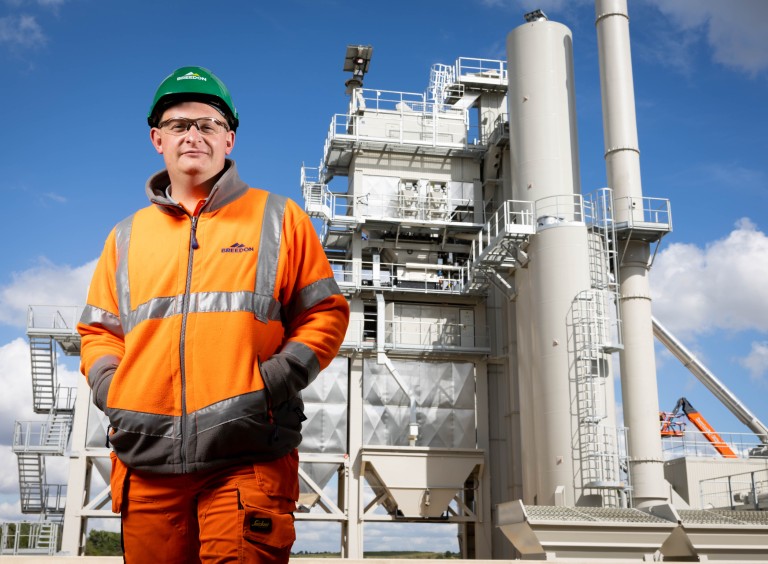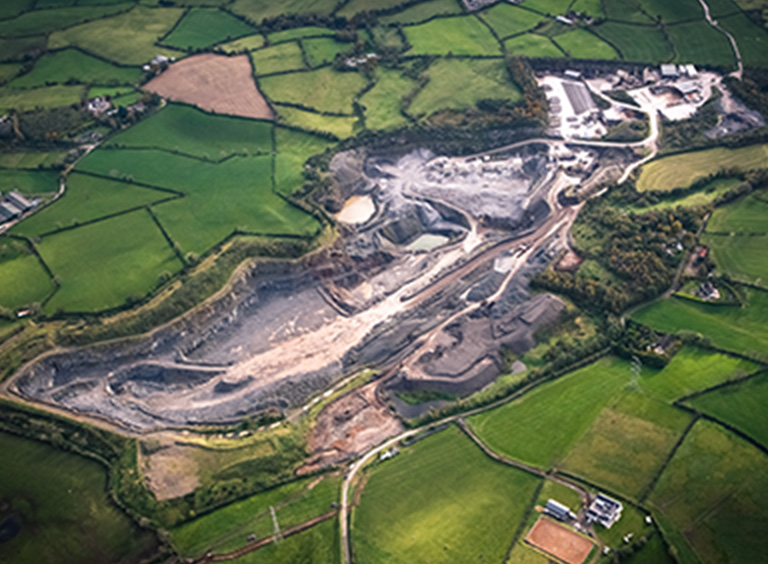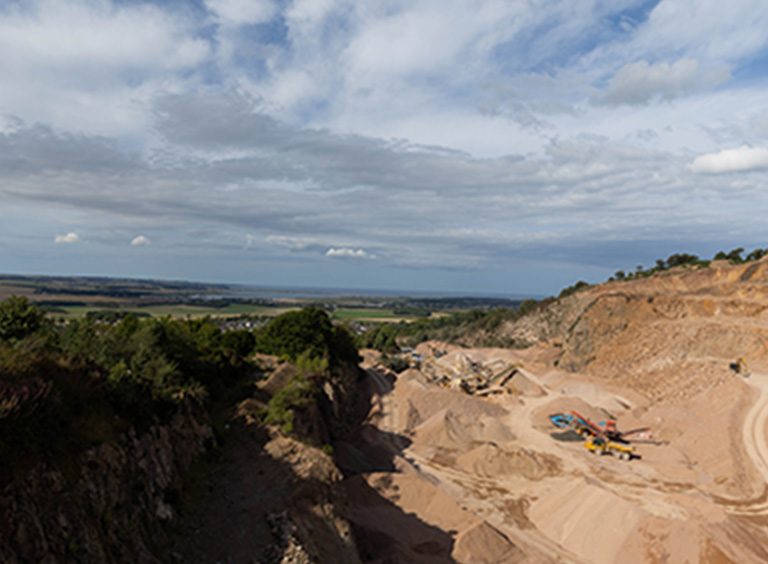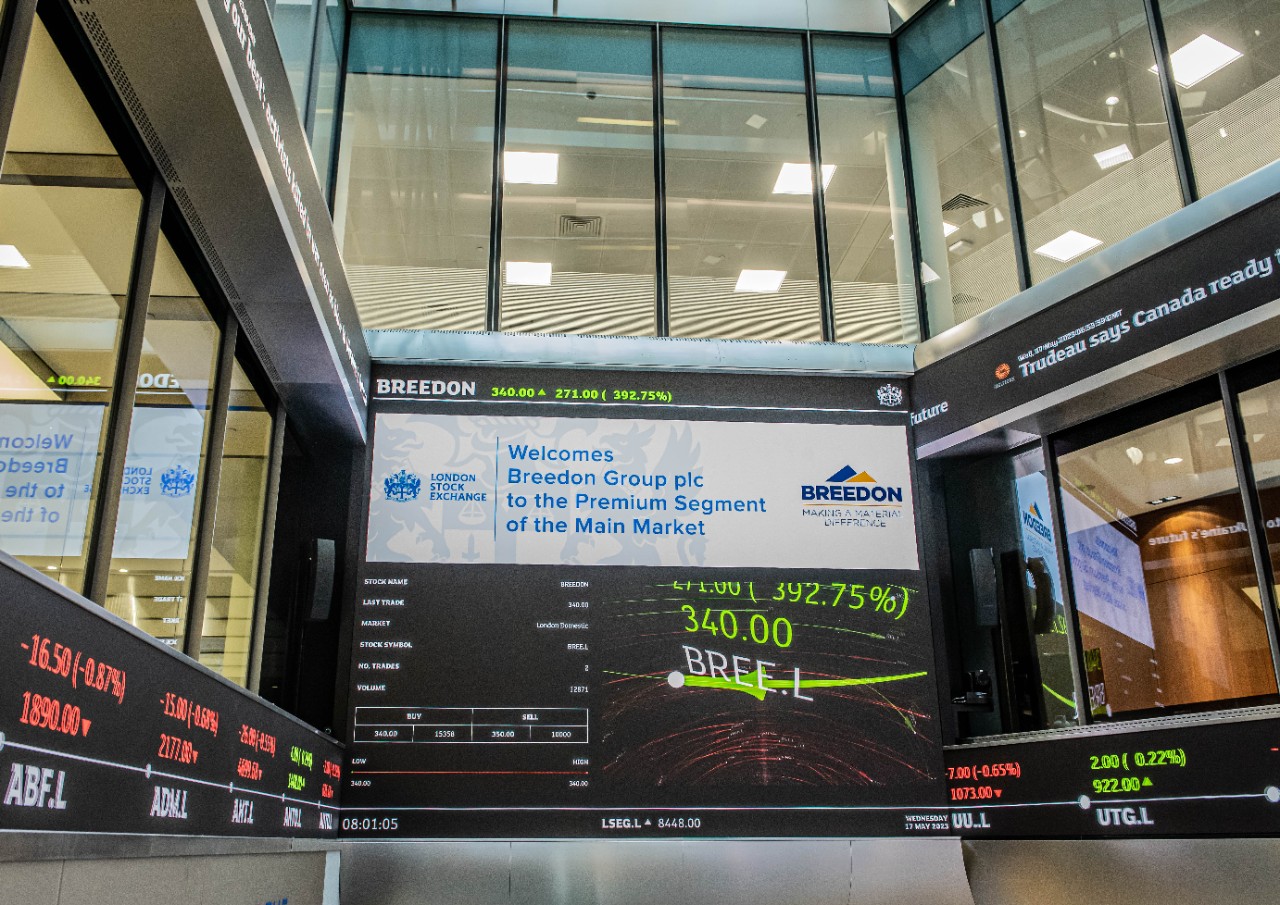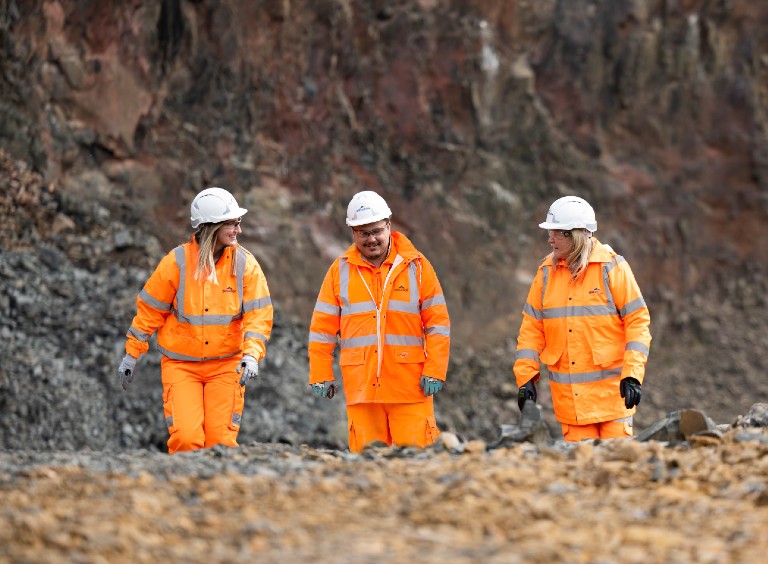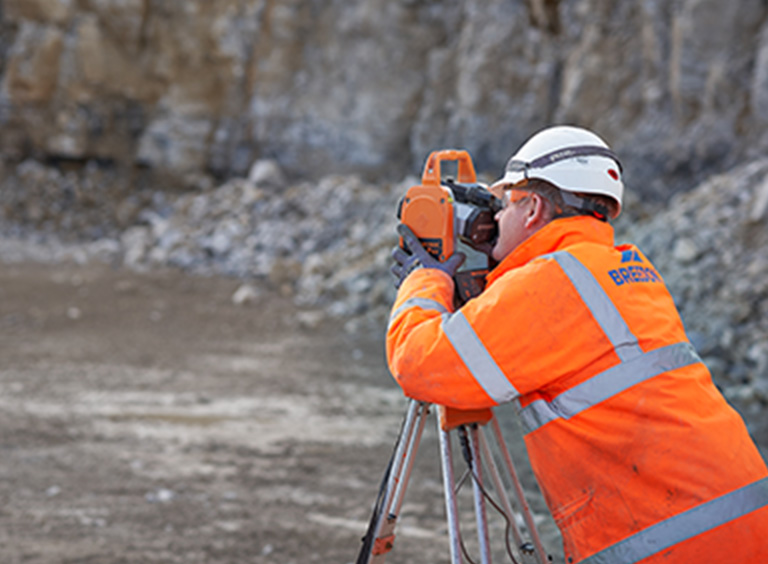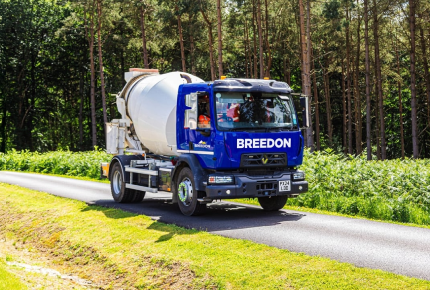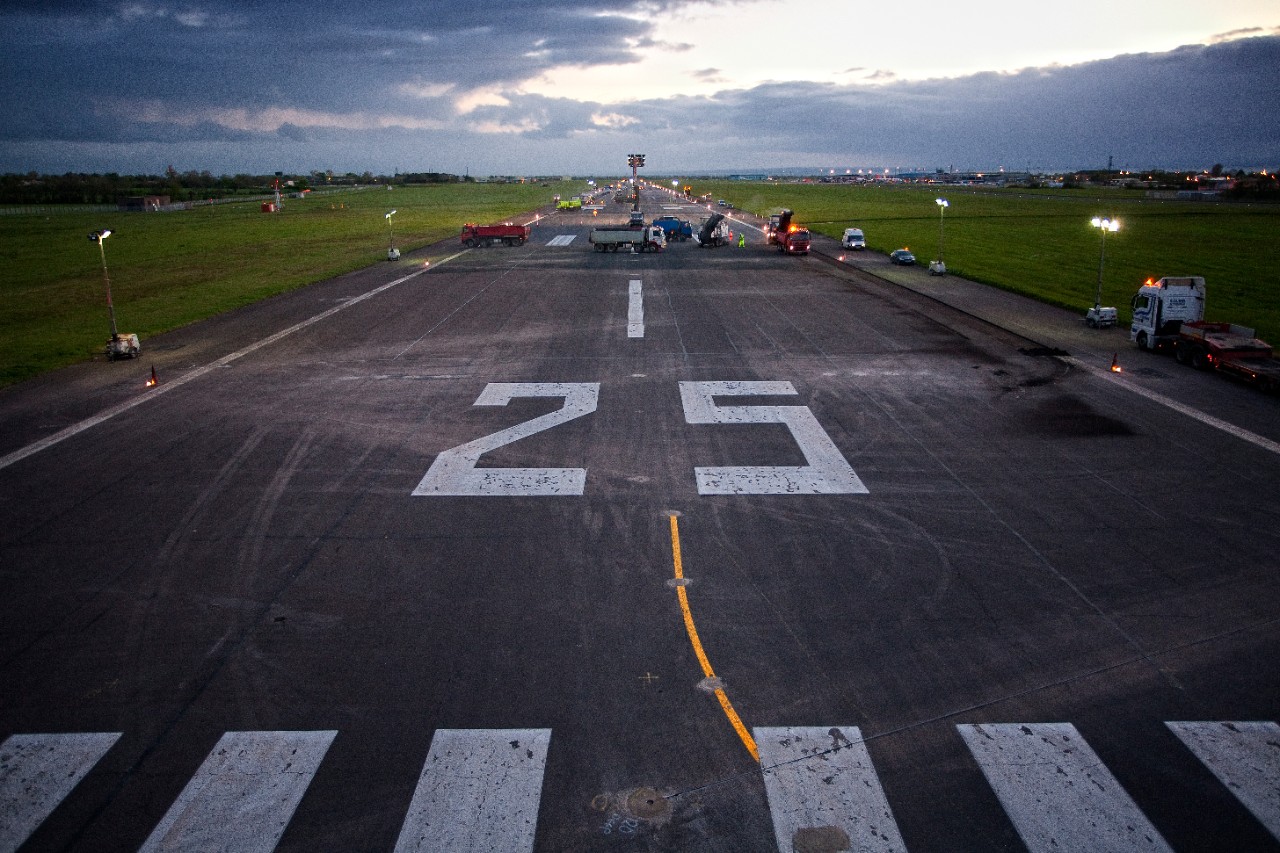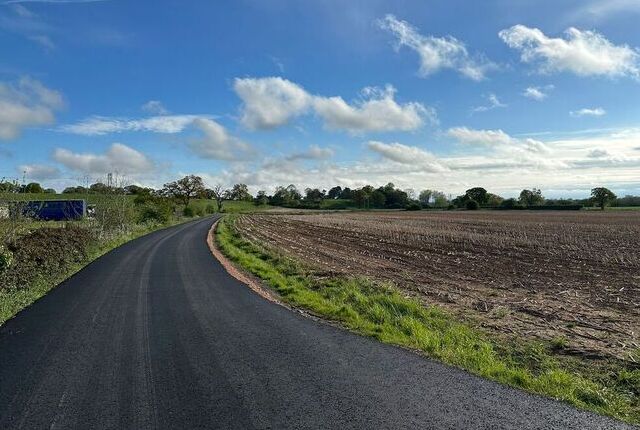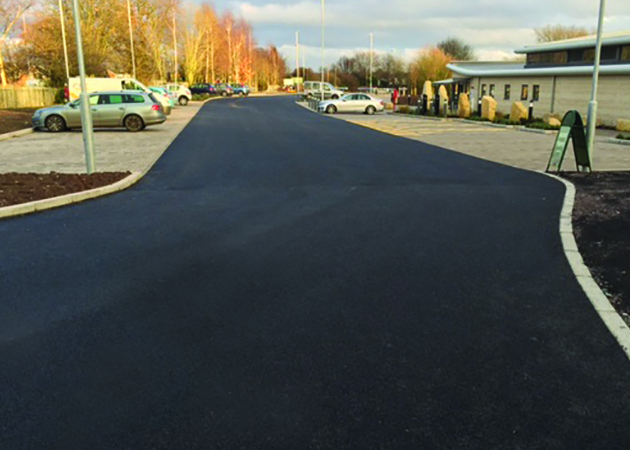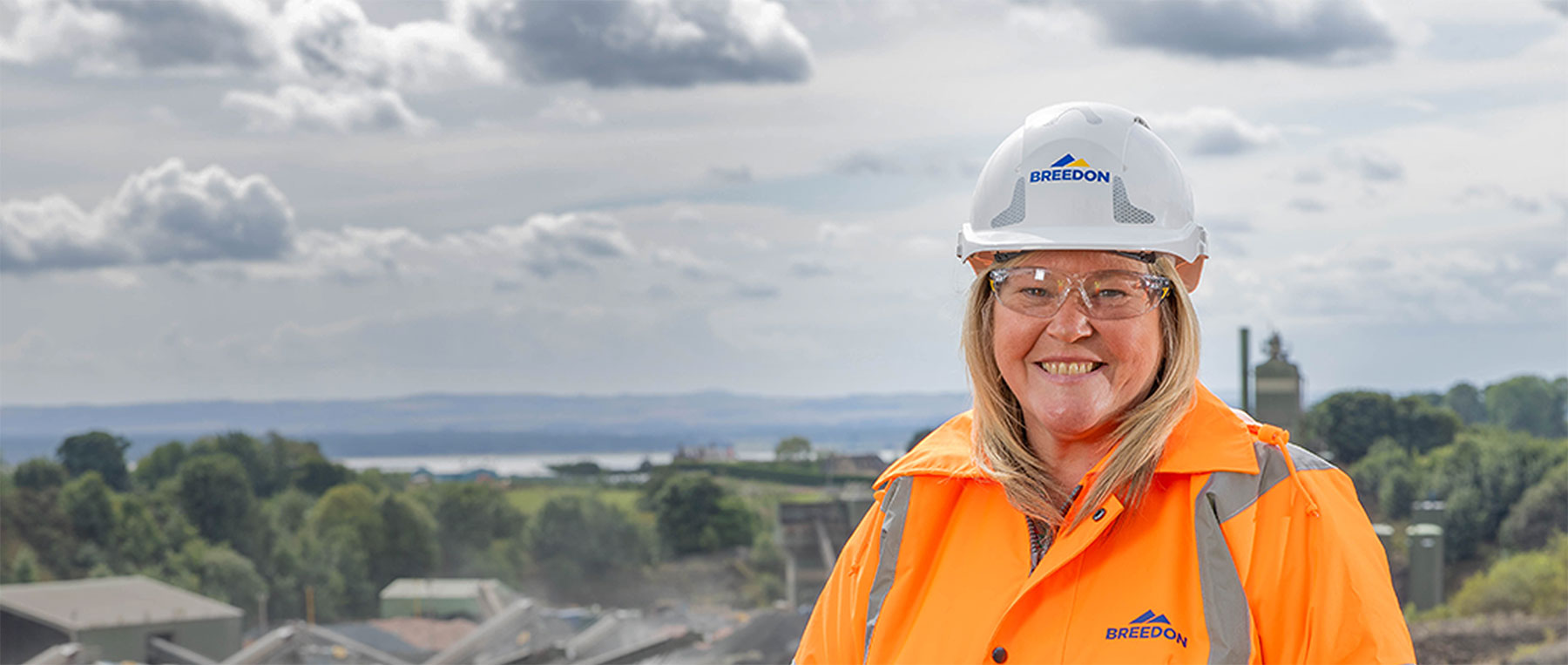We supply a comprehensive range of asphalt materials tailored to meet the needs of modern construction. Whether you're working on highways, footpaths, reinstatements or race tracks, our asphalt solutions are designed for durability, workability and long-term performance.
With a nationwide network of asphalt plants and deep technical expertise, we're one of the UK's leading asphalt suppliers. We don’t just sell standardised mixes — we innovate, developing specialist blends to solve real challenges on site.
Our materials are engineered for performance in high-stress environments such as airfields, motorways and race tracks. We also offer specialist solutions for utilities and reinstatements, along with deferred set materials for pothole repairs.
To ensure consistent quality and compliance, all our materials are rigorously tested in accordance with the relevant standards, giving you full confidence in their performance and reliability.
We pride ourselves on sustainable innovation, cutting carbon through warm mix technology, biogenic binders and high-performance single-layer solutions. With expert technical and sales teams supporting you from initial quote to delivery, plus a localised network of plants across the country, you can rely on us to supply the right asphalt, right when you need it.
